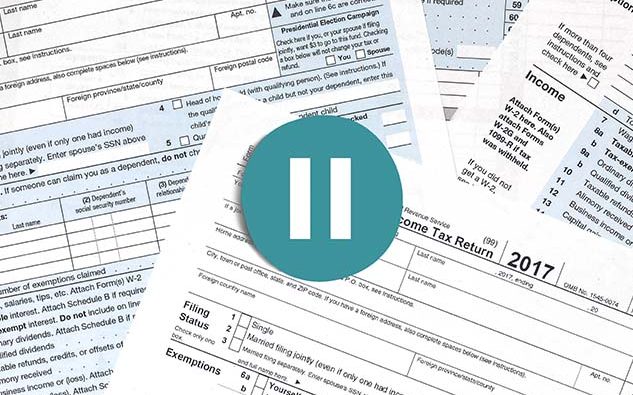How do IRS Tax Settlements work?
The IRS does not have a formal “Tax Settlement” program but rather they provide other resolution alternatives that could have the same reduced payment as a result. There are several Tax Settlement strategies used for IRS tax liability. We’ll go over the summary of each strategy below starting with the strategy that could result in immediate savings.










